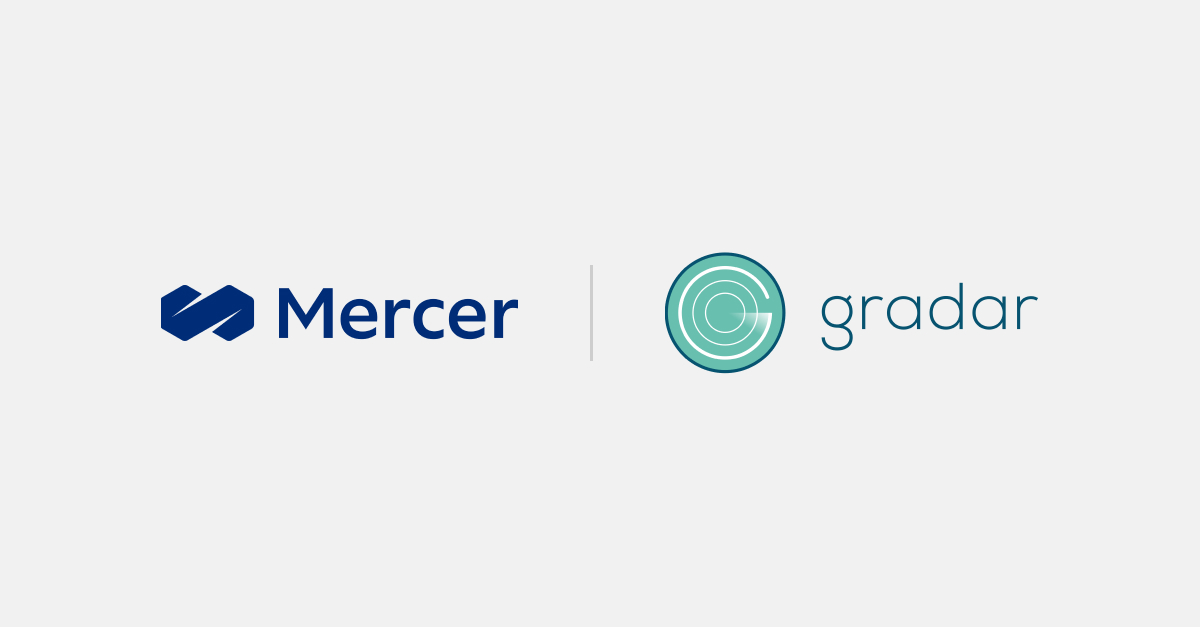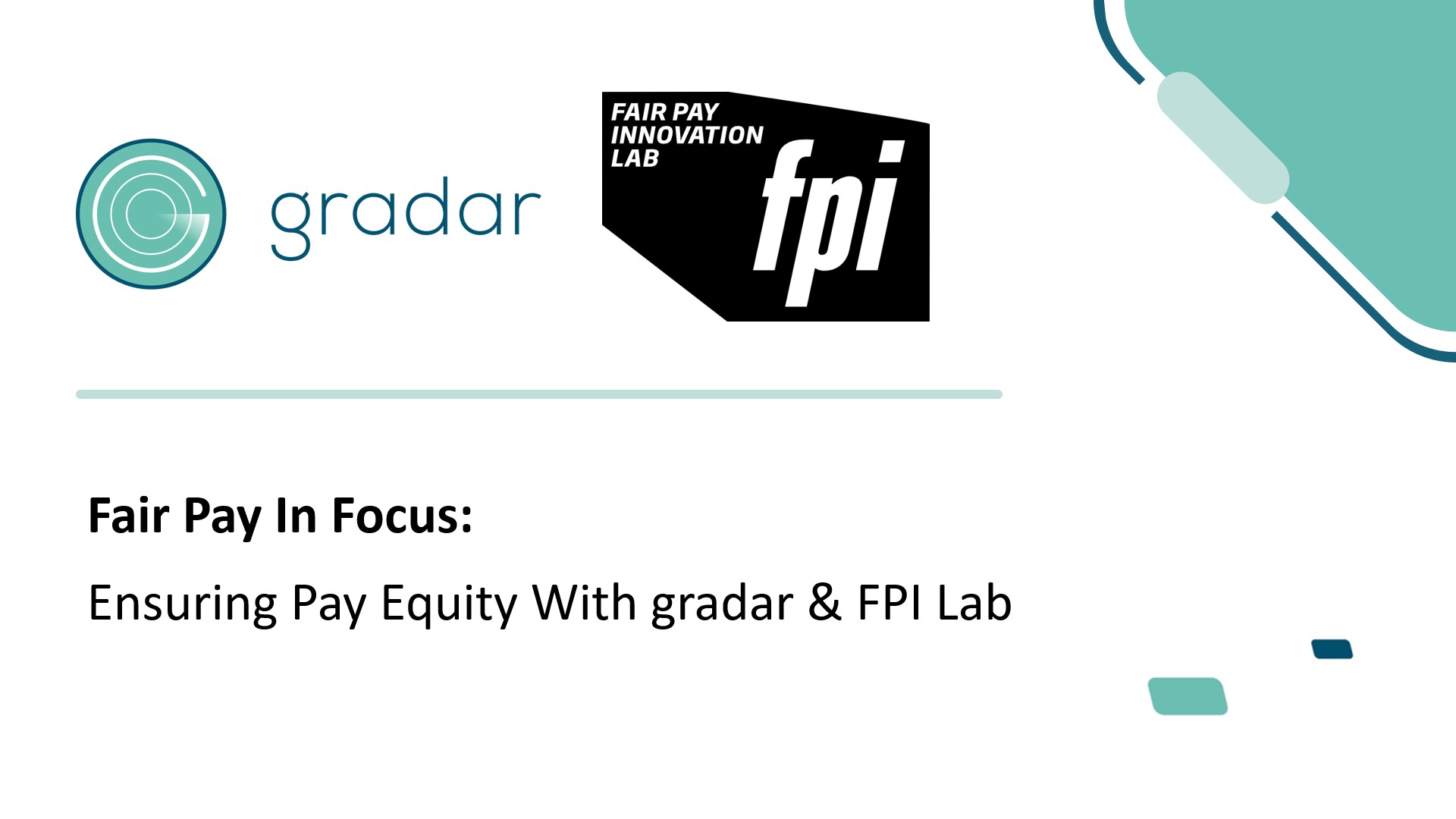
Attracting Top Talent
We can’t undermine the role of compensation strategy in attracting and hiring the best talent. With pay transparency laws cropping up across the globe and the rise in salary-comparison sites like Glassdoor, potential candidates are screening salaries before even clicking on ‘apply’.
In fact, in a recent survey conducted by LinkedIn, 91% of U.S.-based respondents said that they wanted to see salary ranges in job posts. To do this, organizations need to establish a watertight remuneration structure that they’re happy to have out in the open. Carefully assessed pay bands are essential if - or perhaps when - salary ranges become mandatory in your region.
As well as getting people into the interview room, compensation also comes into play to seal the deal on a fantastic candidate. When a candidate is weighing up multiple job offers, compensation packages are going to play a huge role in their decision making process. For some, money is the deciding factor.
And it’s important to remember that compensation is about much more than the figure that appears in an employee’s account each month. Potential applicants are also going to be weighing up bonuses, incentives and other perks that will impact their finances.
Ultimately, attractive, competitive compensation demonstrates that a company recognizes and values the skills, experience, and contributions of its employees. It sends a clear message that the organization is willing to invest in its workforce and reward them for their hard work.
Retaining Your Best People
If you want your organization to thrive, you need to keep hold of your best people. In 2023, retention is more difficult than ever. In fact, three-quarters of nearly 7,000 respondents said they planned to look for a new job over the next 12 months. The primary reason why 67% of these respondents were looking to jump ship? Unsatisfactory pay.
The bottom line is, when employees feel well-compensated, they’re less likely to explore other job opportunities. This means that organizations must make sure they’re regularly benchmarking their own compensation packages against competitors, as well as ensuring that they’re maintaining equity within their own organization.
Talking about what we earn is becoming noticeably less hush hush, whilst platforms like Glassdoor make it easy for employees to see what they could be getting paid elsewhere. Armed with this knowledge, even the most engaged employee will feel disgruntled if they discover that they’re being paid below market value.
Equally, a consistent, equitable salary structure is vital to avoid employees feeling like they’re being shortchanged or undervalued. An objective job evaluation system will ensure fair pay across the board, as well as providing an objective framework that can be openly and easily explained to staff if questions arise.
As organizations know all too well, high turnover is disruptive and eye-wateringly expensive. To thrive long-term, it’s essential to retain the expertise that comes from investing in training and development.
Making Compensation Strategy Easy with gradar
gradar is the most comprehensive job evaluation platform on the planet. With integrated pay equity and salary analysis, as well as the power to benchmark against a huge range of salary data, it helps all organizations make sure that they’re getting compensation right.
First up, gradar establishes pay bands to create a solid compensation framework. Not only does this help to build organization-wide equity, but it can also help companies post more attractive job postings. As we’ve seen, an overwhelming number of candidates say that seeing a salary range will impact their decision to apply for a role.
Internal pay equity based on rigorous, objective job evaluation helps to create happy, motivated staff. Equally, the gradar software automatically translates job evaluation results into benchmark job codes that can easily be compared to external market data. The result? Competitive salaries that attract great applicants and keep hold of the best people.
With compensation strategy more important now than ever, gradar is a low-cost investment with serious long-term pay off. Easy to use for organizations big and small, it’s a complete solution that helps you take control of your job architecture.
Sounds like something that could work for your organization? Get in touch with our team today!



